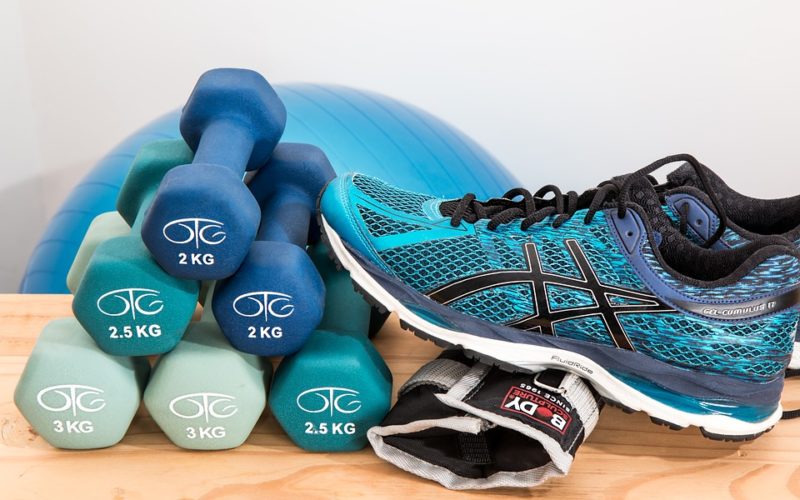When it comes to managing your weight and keeping excess fat at bay, consistency is key. While fad diets and quick fixes may offer temporary results, sustainable lifestyle changes are more effective for long-term fat loss.
Understand your caloric needs
To effectively manage your body fat, it's crucial to understand and adjust to your daily caloric needs. Your body requires a certain number of calories to perform its basic functions, known as your basal metabolic rate (BMR). Consuming calories above your BMR without sufficient physical activity can result in fat accumulation. To prevent this, tailor your calorie intake based on your activity level, aiming to create a balanced energy equation where calories ingested equate to calories expended.
Incorporate regular physical activity
Exercise is an integral part of any fat loss strategy. Regular physical activity not only helps burn off excess calories but also boosts your metabolism, facilitating more efficient fat burning. Aim for a mix of cardiovascular exercises, which raise your heart rate and burn fat, and strength training, which builds muscle and helps maintain a higher metabolic rate, even while at rest.
Choose whole foods over processed ones
Your diet's composition can have a profound impact on fat loss. Choose whole foods, such as fresh fruits, vegetables, lean proteins, and whole grains, rather than processed foods that are often high in added sugars and unhealthy fats. Whole foods are more nutrient-dense, provide more satiety, and their natural fibres help regulate blood sugar levels, reducing the likelihood of fat storage.
Monitor portion sizes
Even healthy foods can contribute to weight gain when eaten in excessive quantities. To keep fat off, be vigilant about your portion sizes. Use smaller plates to control servings, check nutrition labels to understand recommended portion sizes, and listen to your body's hunger and fullness cues to avoid overeating.
Stay hydrated
Water plays a vital role in your body's fat loss processes. Staying adequately hydrated helps maintain your metabolism, aids in digestion, and can even curb appetite by creating a feeling of fullness. Instead of sugary drinks, which can contribute to weight gain, choose water as your primary source of hydration throughout the day.
Ensure adequate sleep and stress management
Adequate sleep and stress management are often overlooked components of fat loss. Lack of sleep can disrupt hormones that control hunger and appetite, leading to increased calorie intake and fat storage. Similarly, high stress levels can trigger the release of cortisol, which is associated with fat accumulation, particularly around the midsection. Prioritising seven to nine hours of quality sleep per night and employing stress-reduction techniques can contribute to better weight control.
Maintaining a fat-free physique entails a holistic approach that encompasses dietary habits, physical activity, and overall wellbeing. By implementing these tips, you'll be on your way to a healthier, leaner body that's better equipped to keep unwanted fat at bay.





















